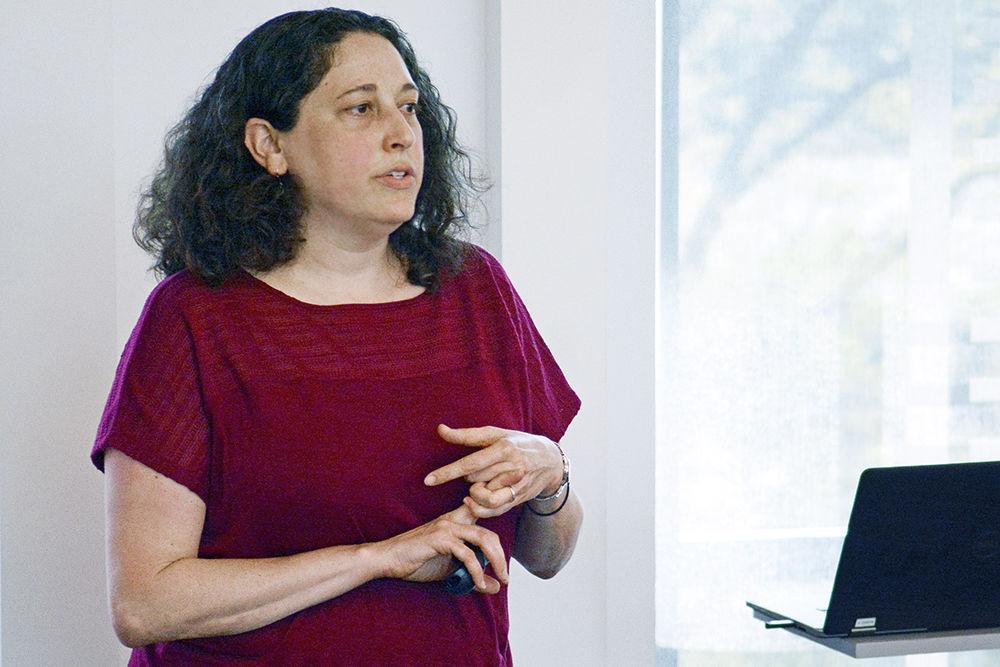The National Organization for the Reform of Marijuana Laws (NORML) at NC State is making strides to bring hemp and marijuana legalization to the forefront of the public discussion in North Carolina.
Sam O’Connor, a fourth-year studying horticultural science, is the president of NORML at NC State. He said that the organization is mainly focuses on education about the hemp plant and understanding its uses.
“We are just trying to educate the NC State population and beyond,” O’Connor said. “We want to give people our unbiased opinion about marijuana, and create a community where we can come together and have an informed, intelligent discussion about this.”
The NORML at NC State looks to educate the public about hemp through different programs like the hemp panel they held mid-April to discuss the legal implications of legalizing hemp specifically in North Carolina.
“There has been momentum with some other states legalizing medical as well as recreational, and industry-wise, which I think is extremely exciting,” O’Connor said.
According to O’Connor, there are a lot of misunderstandings about the similarities and differences among hemp, cannabis and marijuana. Marijuana and hemp are the same plant, cannabis sativa. Federally, if the plant contains more than 0.3 percent THC, it is classified as marijuana, and not hemp. THC is the psychoactive component of marijuana.
NORML is committed to the full legalization of hemp and marijuana for industrial, medical and recreational use. The members do, however, acknowledge that legislative gears can move slowly.
“There is definitely a progression to things,” Connor said. “Industrial is usually first, then medical, and then recreational. That is how things have gone in other states, and kind of how the federal government does it. We’re just trying to focus on what is going to get knocked down first.”
Due to the fact that marijuana is a Schedule 1, federally illegal drug, its scientific effects have not been extensively studied in the U.S., but NORML wants to change that. O’Connor said that the hemp plant, absent the psychoactive properties, has a multitude of industrial uses.
“It comes down to the science,” O’Connor said. “When research was actually able to be conducted, like in Europe, this crop has so many uses, for clothing, rope, or a food crop. The hemp seed, all the sorts of flame-retardant building materials, biodegradable plastics, and it’s much more of a sustainable crop than fossil fuels.”
Other students outside of NORML have also promoted the use of hemp. Arlo Estill, a second-year studying fashion and textile management, runs a business called Hempsmith clothing, which aims to bring hemp to the public in the form of clothes and apparel.
“Our mission is to provide quality hemp products and protect this garden planet by returning hemp to the people,” Estill said. “It has been illegal for a century and it’s a shame. I want to take this beautiful plant that has a lot to offer and make it easy for people to join the movement.”
Ezekial Overbaugh, a graduate student studying crop science, became interested in hemp production as it relates to his background in plant biology.
“There is an opportunity to personally work on a crop in North Carolina that doesn’t have all the agronomic information sorted out,” Overbaugh said. “So I’m professionally interested to fill in a gap in the literature. As a new crop, this can fill a gap. Sage crop growers and tobacco farmers can use existing equipment to grow hemp.”
As hemp becomes more popular, those involved want the public to know the real benefits and uses of the hemp plant. Not much is known, which is why Overbaugh and others are researching the crop and its uses as best they can under current laws.
“It’s a high-biomass crop,” Overbaugh said. “The most crucial thing is to split it into three groups so far. One being a biomass/fiber crop, which is another tall, thin fibrous plant already grown in North Carolina. Then there’s the market for grain, which is usually a shorter plant you harvest with a combine just like any other small grains in the United States. The third being the markets for metabolites, things like [cannabidiol]. If it was regulated like a pharmaceutical it would be very similar to field production for other things being derived, but there is still opportunity there.”
O’Connor said he believes it is time for the conversation to be had about hemp.
“It has all these benefits,” O’Connor said. “We need to have it legalized so we can study it. Study how these chemicals in our body interact with each other in a physiological sense. Just make it legal so we can have a grown-up conversation about it.”








